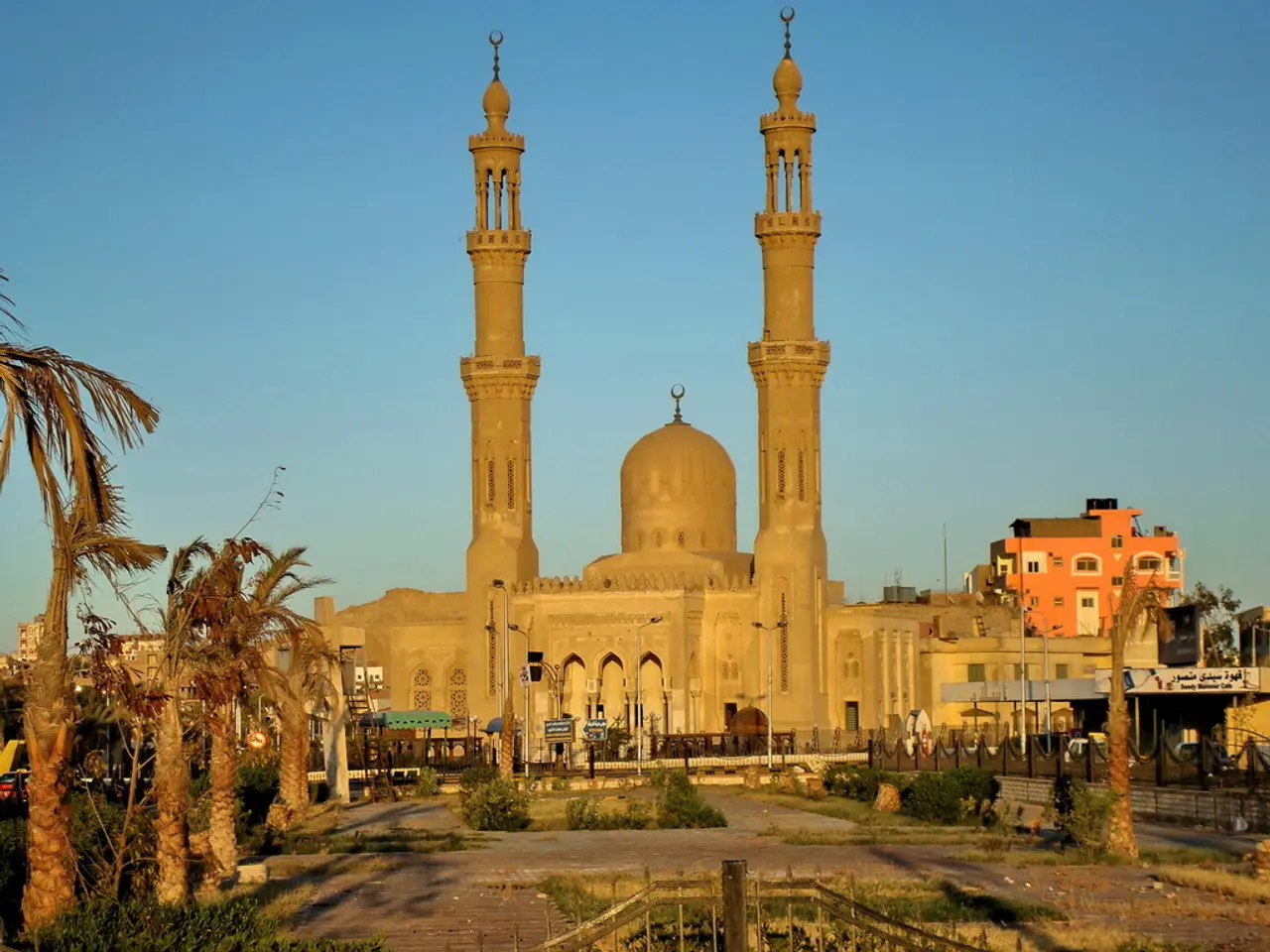Young Leaders Shaped Early Islam's History
In the early days of Islam, youth played a significant role in shaping its history. The Prophet Muhammad appointed several young individuals to crucial positions, demonstrating their courage, intelligence, and dedication. These young leaders, some as young as 13, left an indelible mark on Islamic history. Osama ibn Zayd, at just 18, was entrusted with leading an army against the Roman army, making him one of the youngest military leaders in history. His appointment mirrors the courage and self-denial shown by young leaders in Christian history, such as Jesus Christ and Simon Peter, who also made significant impacts at young ages. Al-Arqam ibn Abi Al-Arqam, at 16, transformed his home into the Prophet's headquarters for 13 years. His role in raising the first Muslim generation is comparable to that of Jesus' disciples, who helped spread his teachings. Muhammad ibn Qasim Al-Thaqafi, at 17, brought Islam to the Sindh and Multan regions, showcasing his military prowess and leadership. Similarly, Zayd ibn Thabit, at 13, demonstrated exceptional intelligence by learning Syriac and Hebrew in just 17 days and contributing to the Quran's compilation. Talha ibn Ubaid Allah, at 16, was one of the first to believe in Islam and shielded the Prophet in the battle of Uhud. Meanwhile, Muawwadh ibn Afraa', at 14, played a crucial role in the battle of Badr by killing Abu Jahl, a significant enemy of Islam. Az-Zubair ibn Al-Awwam, at 15, was the first Muslim to unsheathe his sword in the cause of Allah and was nominated for Caliph. Sa`d ibn Abi Waqqas, at 17, was one of the first to accept Islam, the first to shoot an arrow for its defense, and was also nominated for Caliph. These young leaders, with their remarkable courage, intelligence, and dedication, played pivotal roles in the early days of Islam. Their contributions have left a lasting impact on Islamic history and serve as an inspiration for future generations.








